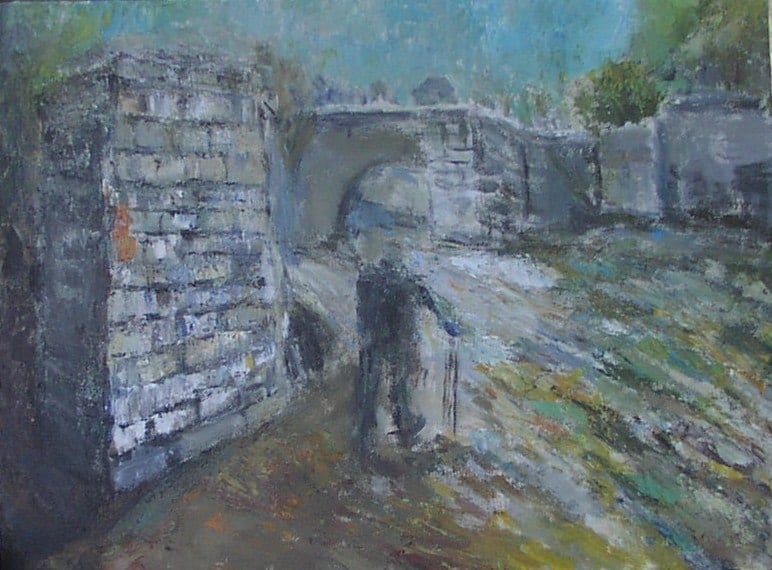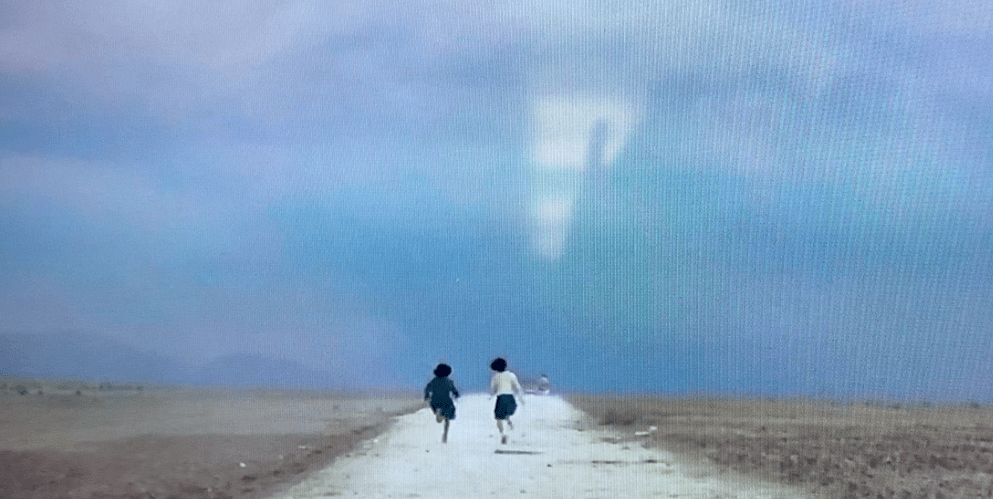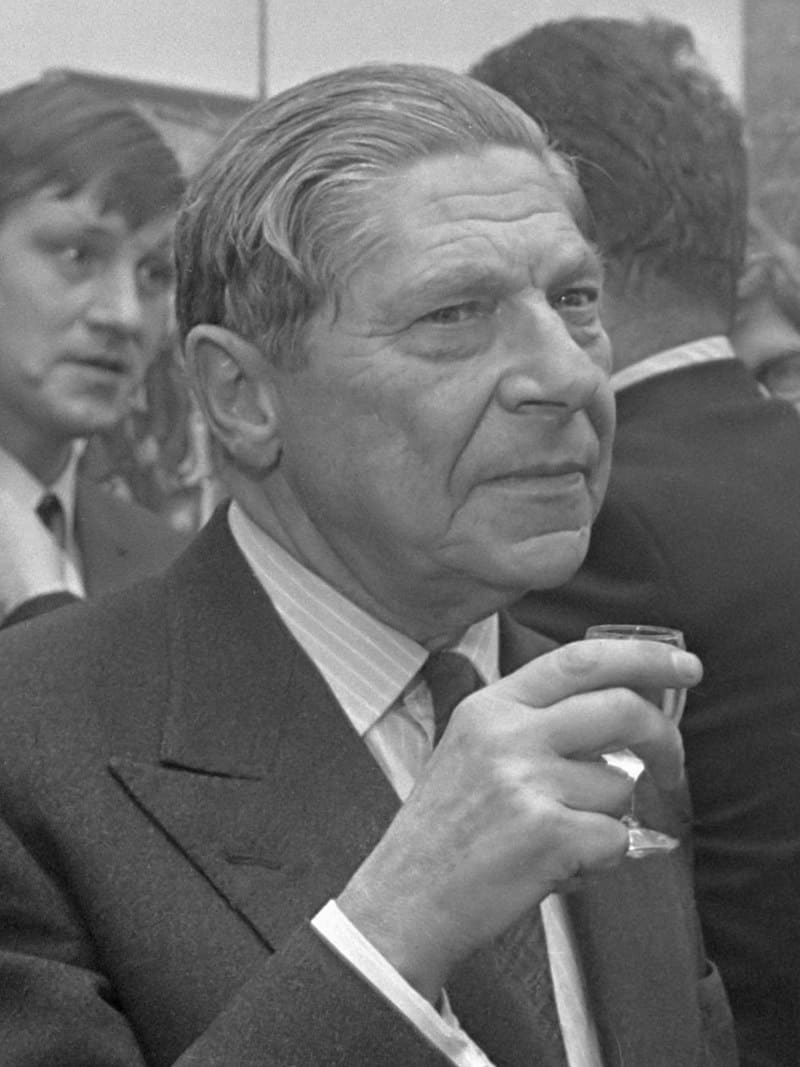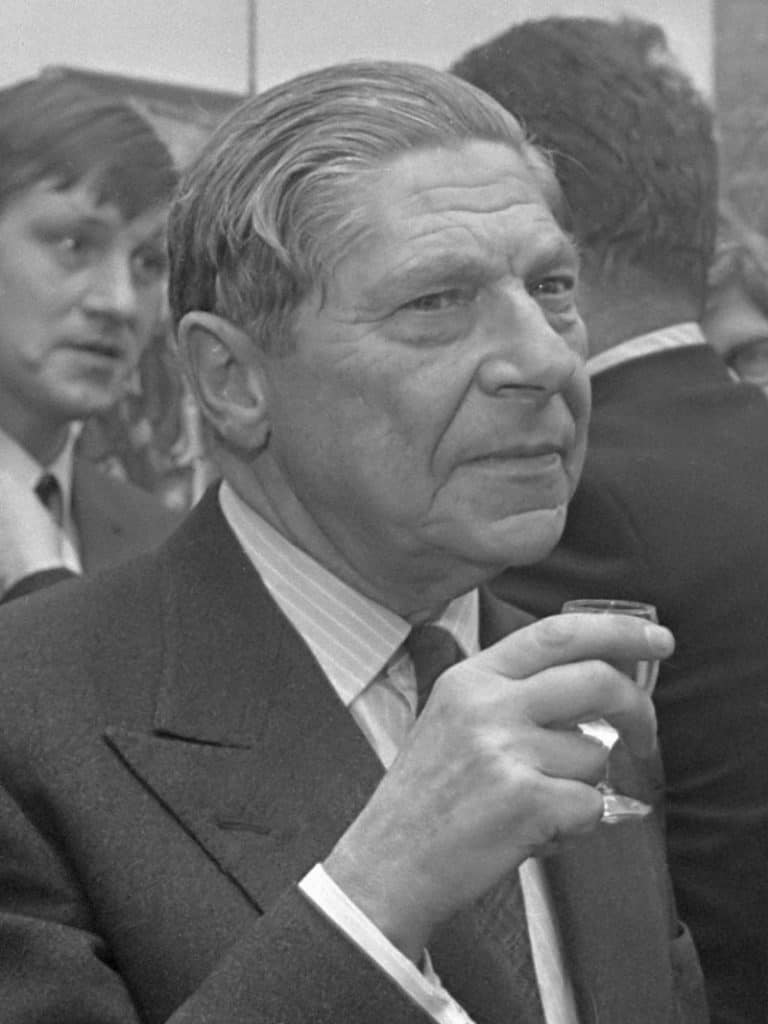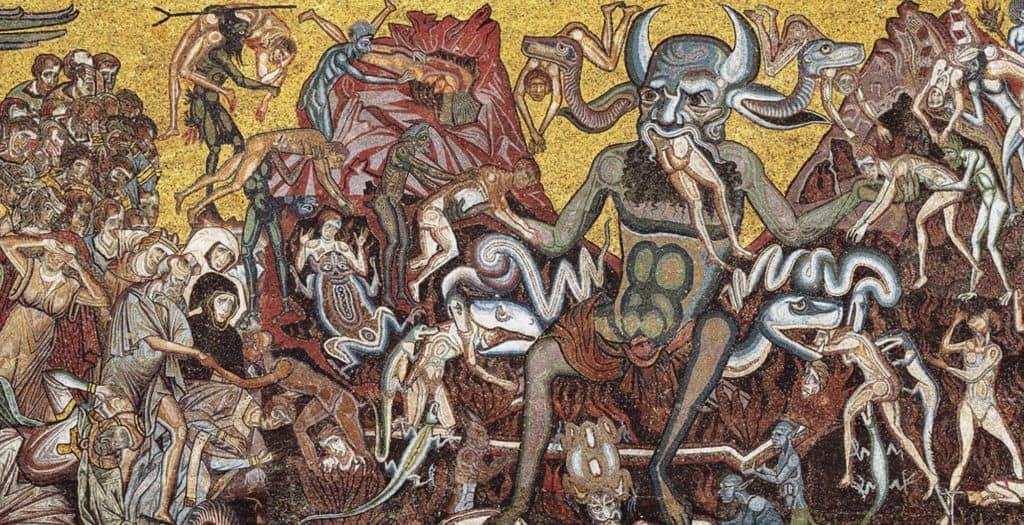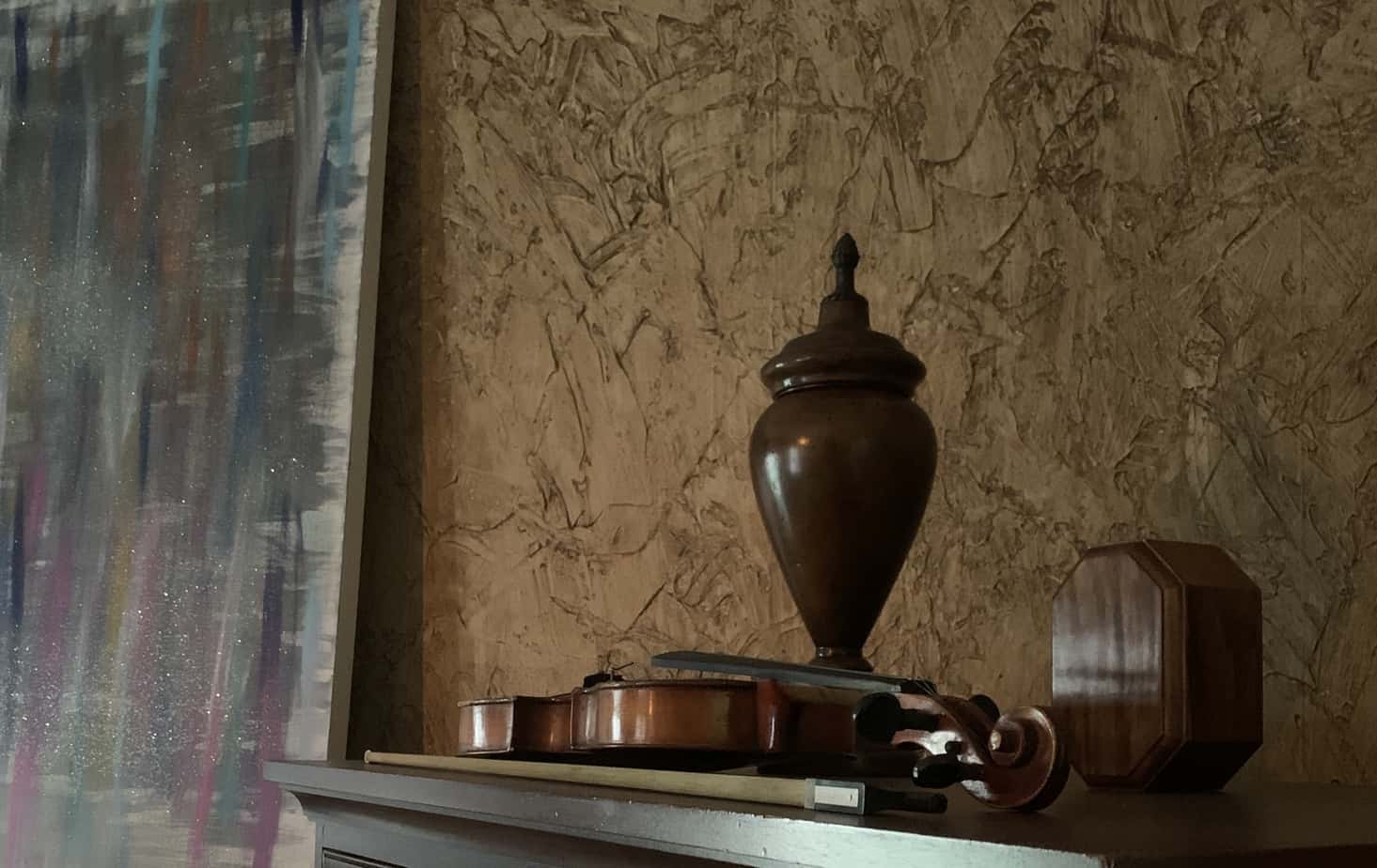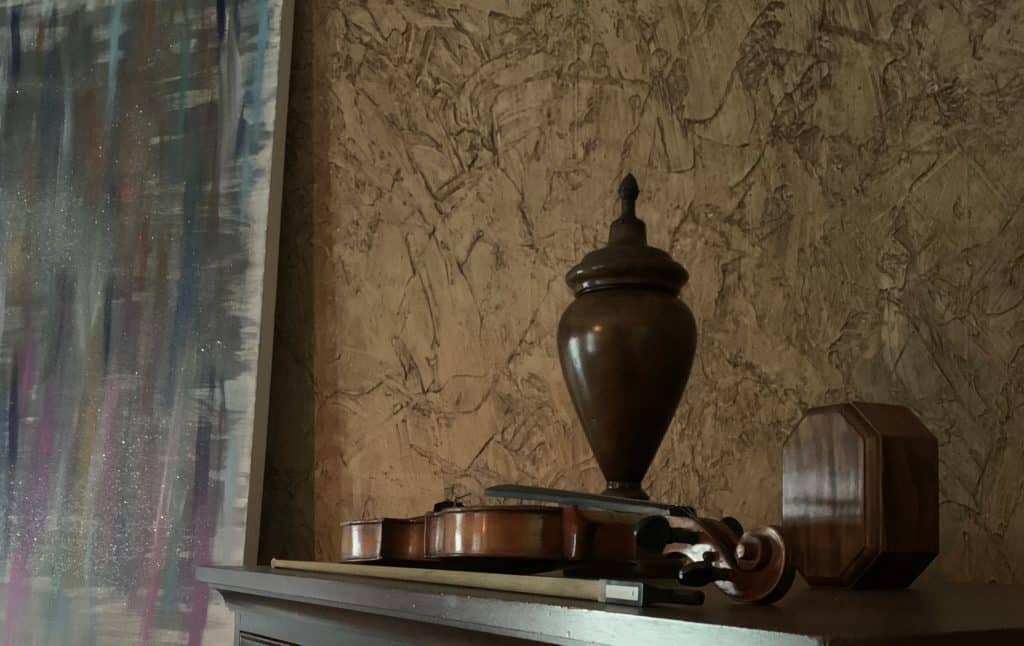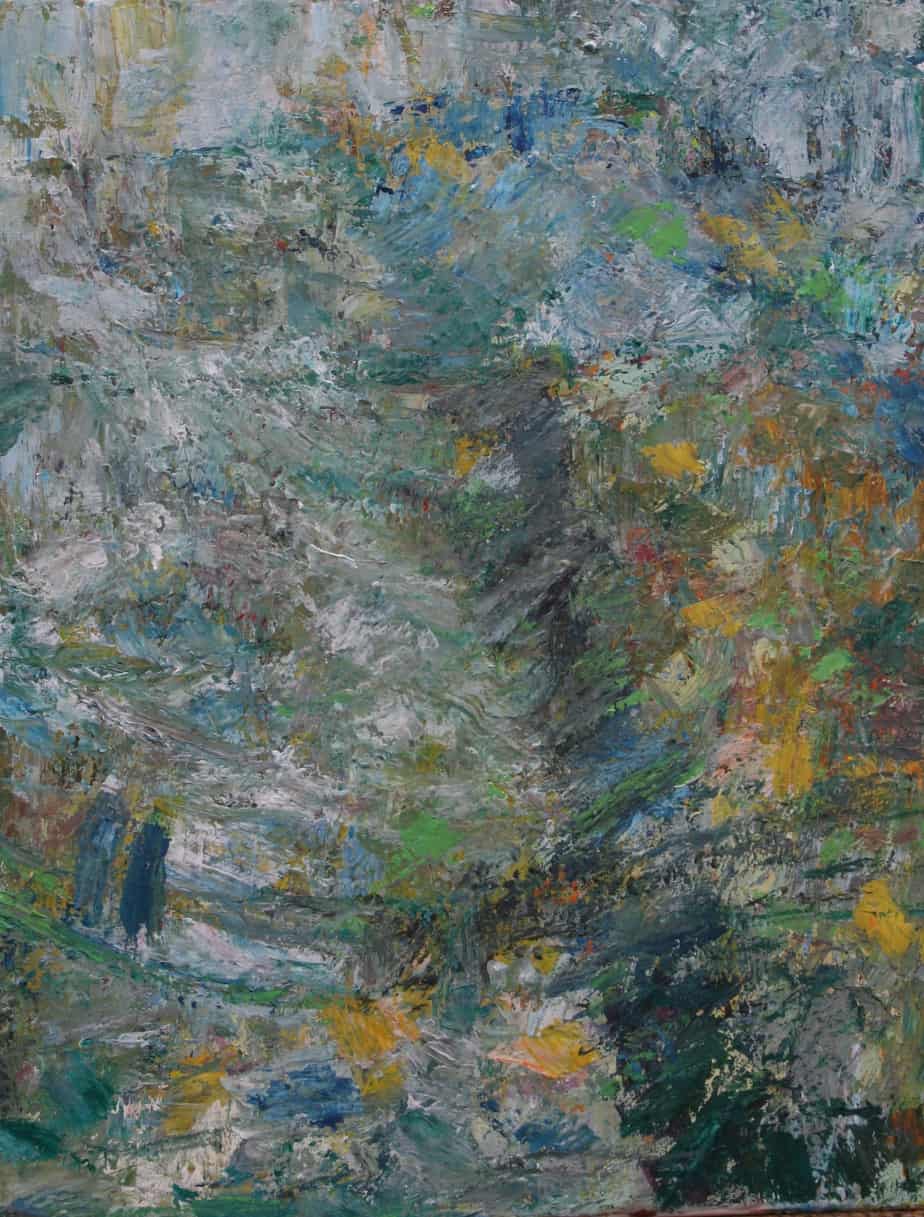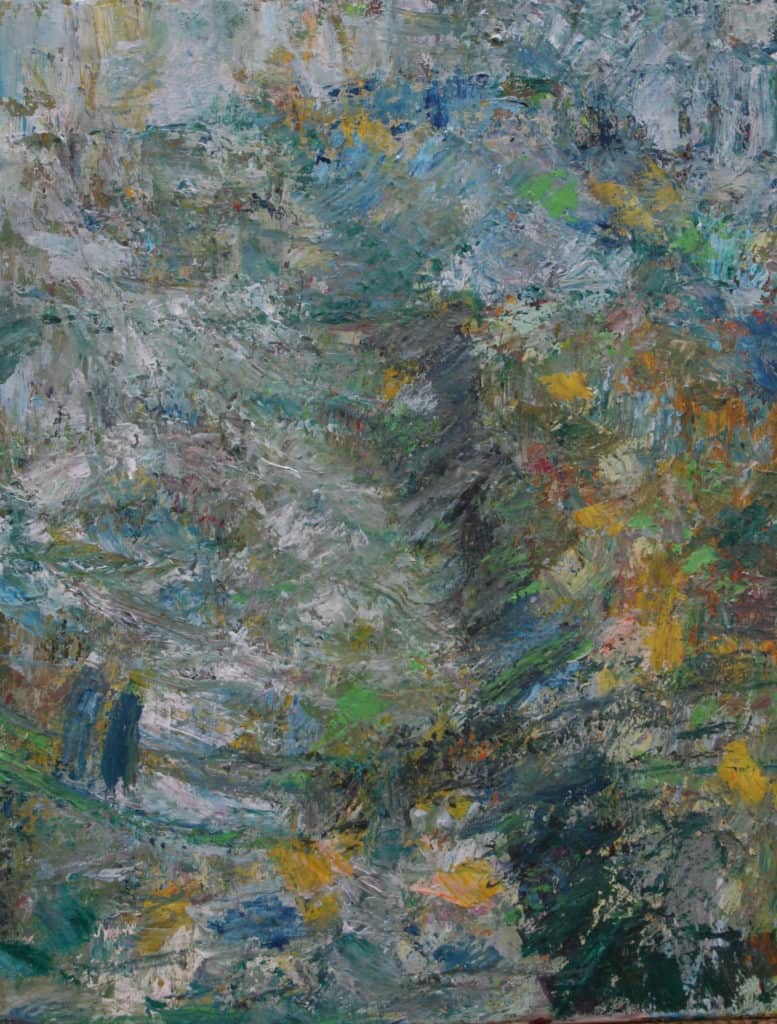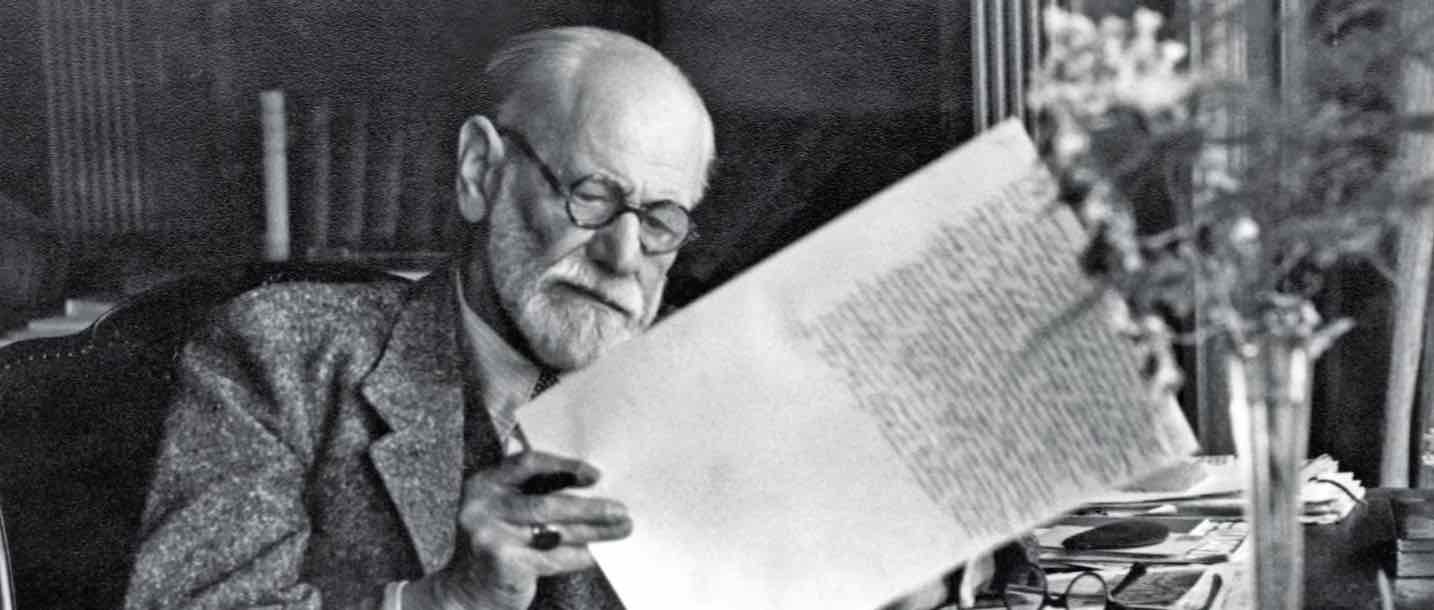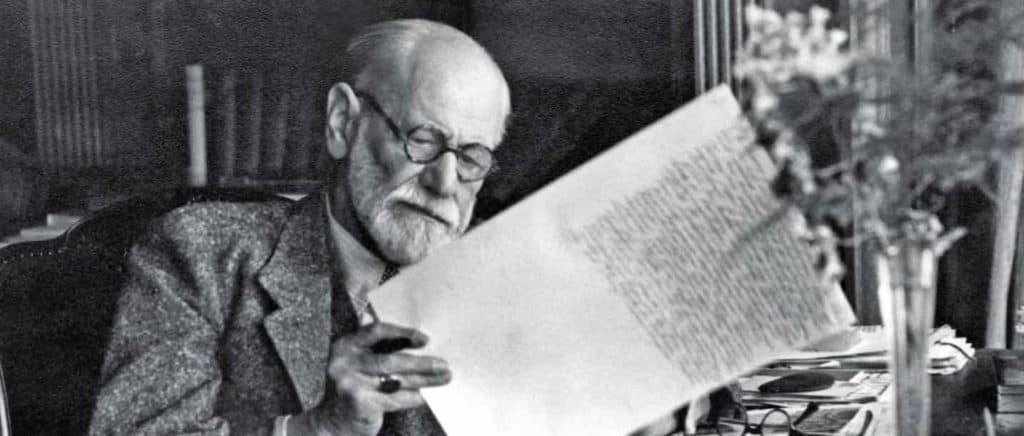Nature notices neither the unspeakable sorrows and sufferings humans inflict on one another, nor the destruction and pain resulting from natural processes of cause and effect. “Chance and necessity, chance and necessity” chants Jacque Monod, with a cadence like the slow drumbeat of a cosmic mantra. “Atoms and the void, atoms, and the void,” echoes Lucretius from two millennia ago. The flowers outside the gates of Auschwitz burst forth a panoply of colors and the grass grows green and thick with the spring rains as rabbits and mice come forth to welcome the sun. And that nature itself, “red in tooth and claw” drums slowly on in ever unfolding evolutionary patterns, each entity oblivious to the whole, but ever acting within it. The same is true after an earthquake or volcanic disruption or astroid impact or a pandemic. We who have the gift of self-awareness and wonder and analytical observation bear the burden, shed the tears, cry out to the cosmos, and wonder as we move through life how and where our sense of “meaning” and “purpose” fits…or Not. Are we anomalies and flukes in a process otherwise dead to and unaware of anything that goes on—or is that very capacity we have to ask, somehow reflective of something we have yet to understand? Yes, Mr. Zimmerman, we are going down the Valley one-by-one, as only your 70 year-old voice can sing it. But is there a choice? I put myself deep into this painting done by my departed son David, I can actually stare at it and merge into it–a strange feeling. I want to open my eyes and look around and see that is beyond the archway ahead.
